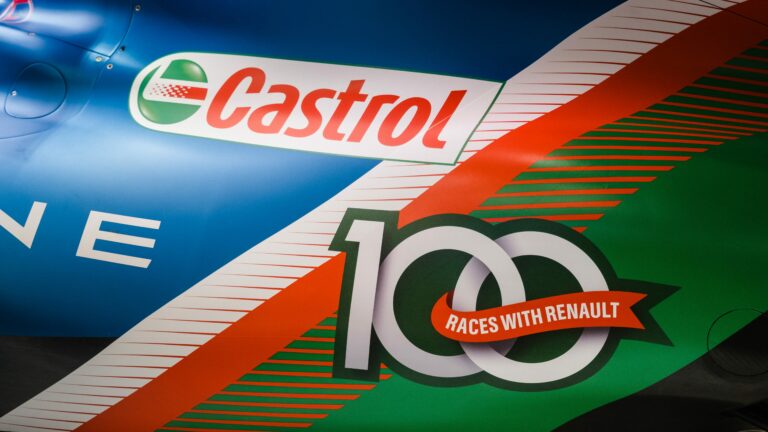In the ever-evolving landscape of sports sponsorship, one question looms large: Is branding still essential in this dynamic and highly competitive arena? Traditionally, branding has played a pivotal role in establishing a sponsor's identity and promoting their products or services. However, as the sports sponsorship industry continues to undergo profound transformations, it's worth examining whether branding remains a fundamental asset or if its significance is diminishing.

Historically, branding in sports sponsorship has been synonymous with visibility. Sponsors emblazoned their logos on jerseys, stadium signage, and in broadcasts, ensuring their name was seen by millions of fans. This high visibility translated into brand recognition, association, and recall. A strong brand presence reinforced the sponsor's message and created a sense of legitimacy and trust.
Moreover, branding in sports sponsorship helped sponsors align themselves with the values and ethos of the sporting entity they supported. For instance, brands sponsoring an eco-conscious sports team could portray themselves as environmentally friendly. This alignment fostered a positive brand image, leading to increased consumer loyalty and trust.

However, the landscape of sports sponsorship is undergoing profound changes. Traditional methods of branding are still effective but are no longer the sole driver of success. Several factors have contributed to this shift:
The Rise of Digital and Social Media: In today's digital age, fans consume sports content across various platforms, from streaming services to social media. Sponsors are recognizing the value of engaging fans on these platforms, shifting their focus from static logos to dynamic, interactive content. This evolution highlights the importance of storytelling, as sponsors strive to create narratives that resonate with their audience.
Data-Driven Sponsorships: Sponsors now have access to advanced data analytics, enabling them to make more informed decisions about their investments. They can measure ROI, track consumer sentiment, and adjust their strategies accordingly. This data-driven approach allows sponsors to fine-tune their branding efforts, ensuring they align with their target audience's preferences.
Purpose-Driven Sponsorships: Modern consumers are increasingly drawn to brands with a clear social or environmental purpose. Sponsors are leveraging sports sponsorship to communicate their commitment to social responsibility, sustainability, and inclusivity. In such cases, branding is more about aligning values than simply promoting a logo.

In this changing landscape, branding in sports sponsorship has evolved from mere visibility to a more strategic, multifaceted approach. It's not enough for sponsors to plaster their logos everywhere; they must tell compelling stories, connect with fans on a personal level, and demonstrate a genuine commitment to shared values.
Branding remains essential, but its role has expanded to encompass storytelling, digital engagement, and purpose-driven marketing. It's about creating a meaningful connection with fans, not just displaying a logo on a jersey.
In conclusion, branding is still an essential asset in sports sponsorship, but its role and significance have evolved. Traditional branding methods continue to offer value, but in the modern sports sponsorship landscape, sponsors must adapt to new trends, focusing on digital engagement, data-driven strategies, and purpose-driven initiatives. The future of branding in sports sponsorship lies in its ability to connect with fans on a deeper level and align with the values and aspirations of both the sporting entity and the audience. In this new paradigm, branding remains a critical asset, but its execution has changed dramatically to meet the demands of today's sports-savvy consumers.
This is original editorial content from Drive Sports Marketing, an agency specialising in Formula 1 sponsorship, Formula E sponsorship, MotoGP sponsorship, and WEC sponsorship.







